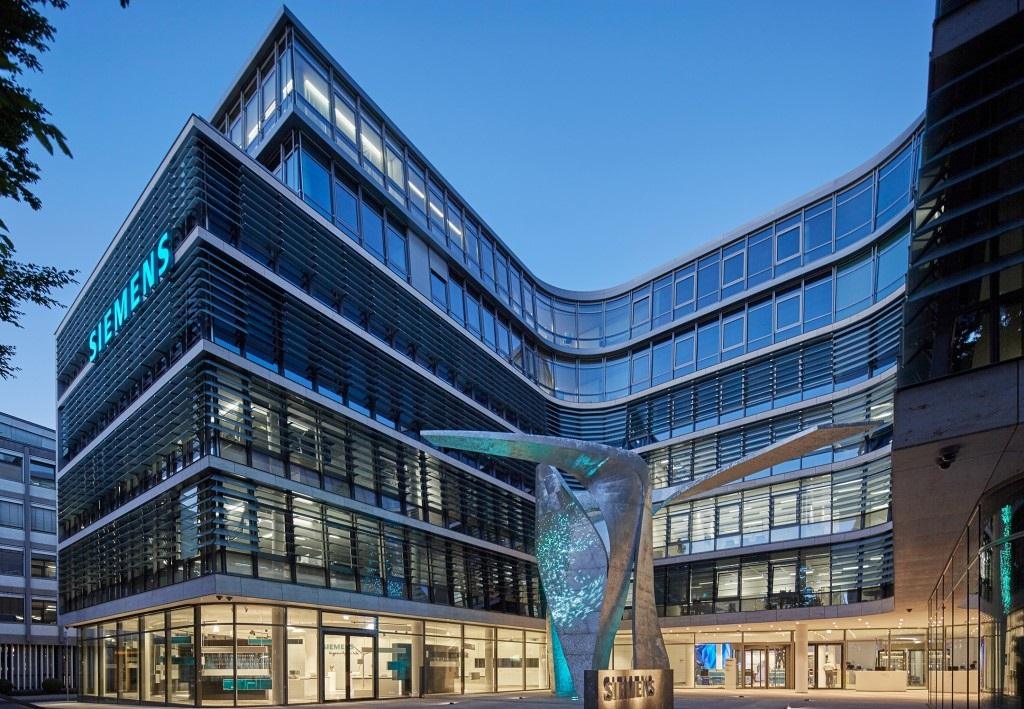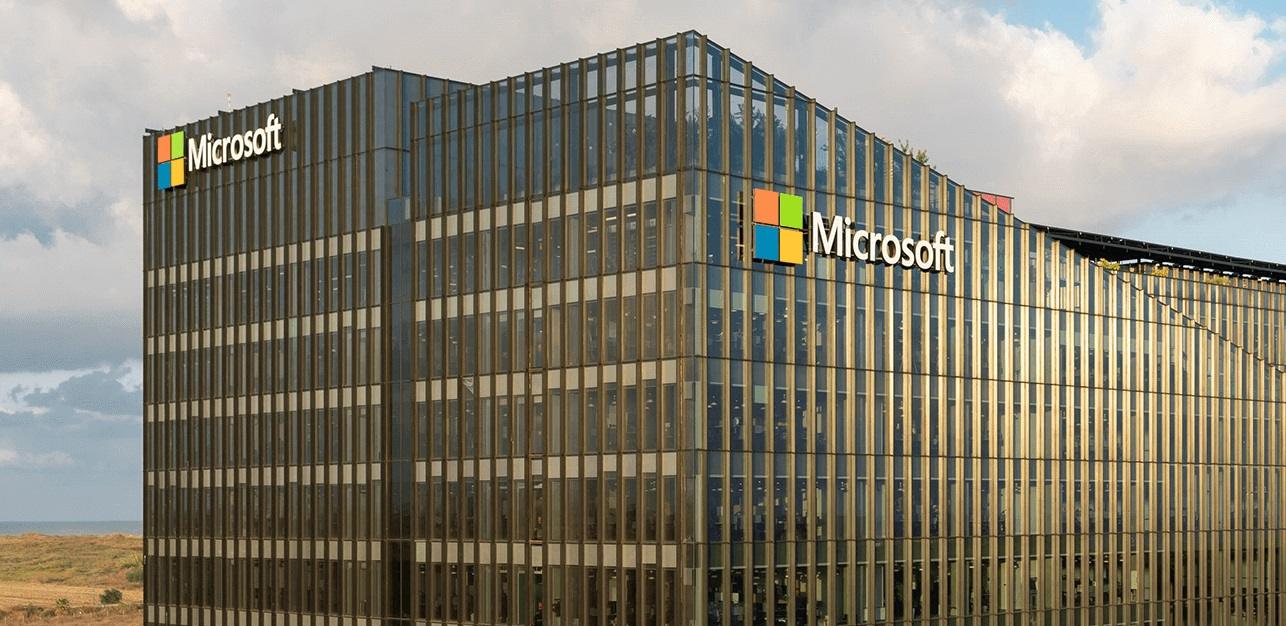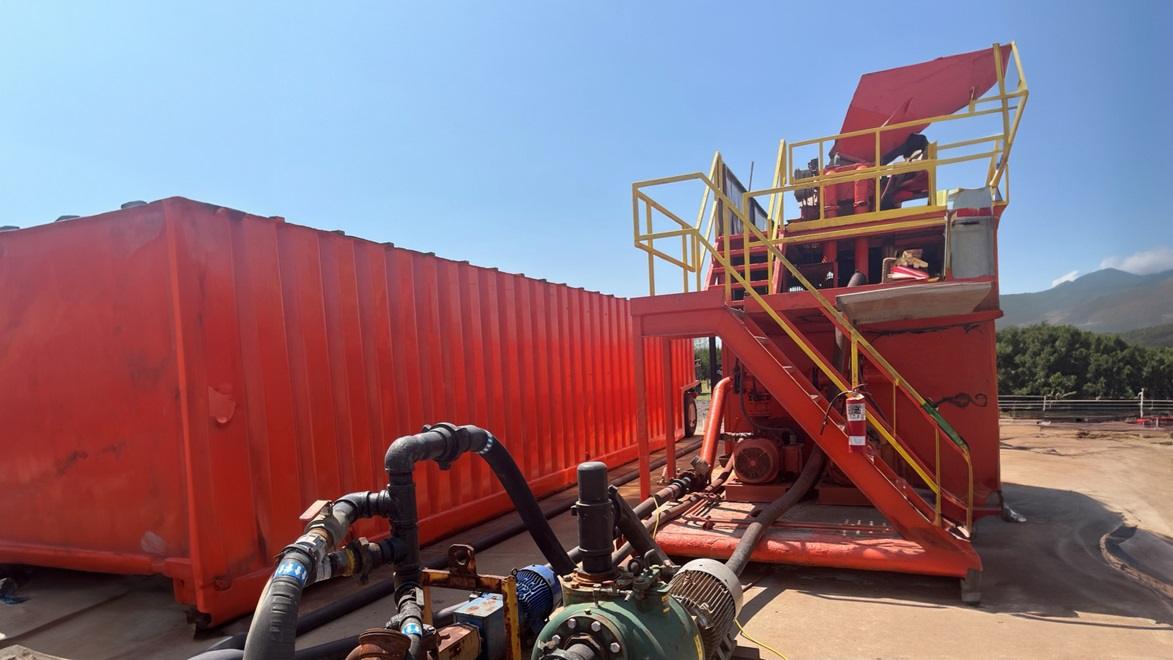Siemens Enters U.S. Solar Inverter Market
Technology-focused industry, infrastructure, transportation, and healthcare solutions company Siemens announced that it will begin manufacturing solar inverters in the U.S., in a move the company said will help meet growing demand for American-made renewable energy components, and address supply bottlenecks.
The solar components will be produced at a facility owned and operated by Siemens’ manufacturing partner Sanmina in Kenosha, Wisconsin. Siemens said that the announcement was made in conjunction with President Biden’s visit to Wisconsin.
The announcement comes a year after the signing of the Inflation Reduction Act by President Biden, which includes the U.S.’ largest ever set of climate-focused investments. The Act allocates nearly $370 billion to areas including renewable energy and industrial decarbonization solutions, including over $60 billion to accelerate domestic manufacturing of clean energy and transportation technologies through production and investment tax credits, loans, and grants.
Brian Dula, Vice President of the Electrification and Automation business at Siemens Smart Infrastructure USA, said:
“According to the Solar Energy Industries Association (SEIA), the total number of installed U.S. solar fleets is expected to grow fivefold from 2022 to 2033, and with tax credits now available due to the Inflation Reduction Act, that demand will only get stronger.”
Inverters are a key piece of equipment in solar systems, which convert direct current electricity (DC) generated by solar panels into alternating current (AC) electricity used by electrical grids. According to Siemens, the inverters will be used for community and utility-scale solar developers and infrastructure providers.
Ruth Gratzke, President of Siemens Smart Infrastructure USA, said:
“This new production line at the Sanmina facility represents Siemens’ strategic priorities to best serve our U.S. customers while being a key partner in our nation’s transition to a more sustainable future. The investments we’re making in communities like Kenosha and the work that we will be doing to bring renewable infrastructure to life will have a crucial impact as we work towards our net-zero goals as a country.”
Production at the facility is anticipated to begin in early 2024, and to scale up to a capacity of 800 MW per year.
Commenting on Siemens’ announcement, Wisconsin Governor Tony Evers said:
“Manufacturing is part of our DNA in Wisconsin, so I’m excited Siemens is bringing production of these Made in America clean energy components to Kenosha. Utility-scale solar is critical to achieving 100 percent carbon-free electricity by 2050. Coupled with the clean energy incentives included in the federal Inflation Reduction Act, this will help accelerate our progress toward a workforce and economy that are built for the 21st century.”







